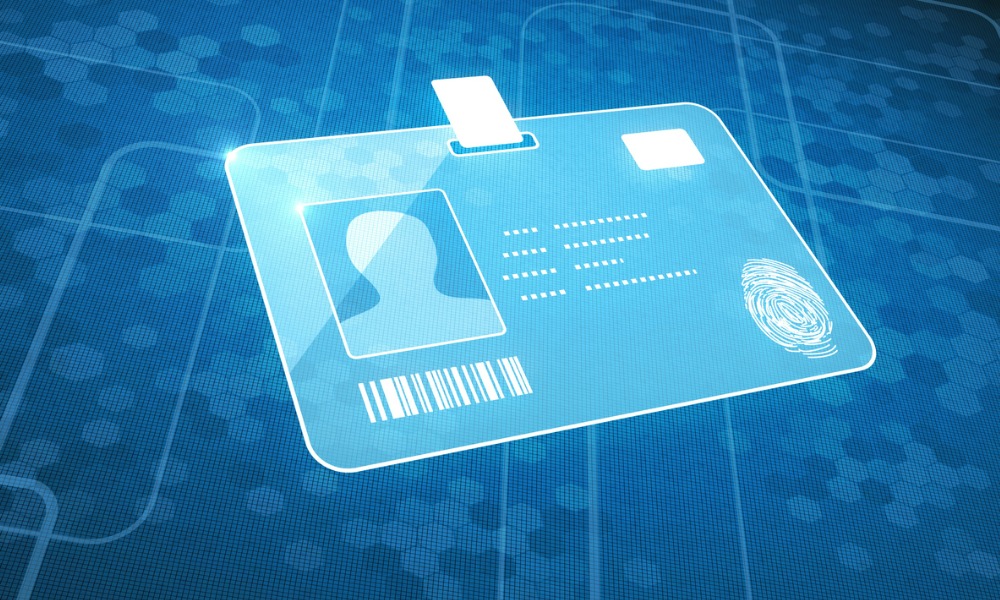Boss says Australia lags other countries in introducing more secure ID systems

National Australia Bank’s digital head is backing calls for a national ID scheme to help avoid the impact of data breaches and the loss of customer information.
Angela Mentis, NAB’s chief digital, data and analytics officer, said the 100-point ID system was outdated and that Australia was trailing other countries in introducing secure identification systems, The Australian reported.
Speaking to the Australian British Chamber of Commerce, Mentis said that NAB supported moves by the NSW government to explore a digital ID. She said that without action, people would continue to see their personal information stolen in data breaches.
“We’re behind where we should be,” Mentis said. She pointed out that Nordic countries introduced digital ID verification decades ago.
“Government at state and federal [levels], as well as the public and private sectors, absolutely need to get together, especially when you think about what’s been happening recently around cyberattacks and identity fraud,” Mentis said.
Last week, the NSW government announced plans to introduce digital ID systems. It launched a pilot photo verification platform that would allow customers to store encrypted personal data on their phones, The Australian reported.
The state already offers residents the ability to hold digital copies of drivers’ licences, but the pilot program will expand this to allow residents to renew working-with-children checks and conduct proof-of-age checks through the Service NSW app, according to The Australian.
Read next: Major bank stepping up cybersecurity efforts
Mentis said NAB was working with the Australian Federal Police, the Australian Cyber Security Centre, and the Australian Security Council Commission to combat identity theft. But she questioned why Australians had to give up so much personal information every time they applied for services.
“We are storing it for so long, and we’re doing it because the law expects us,” Mentis said. “The effects of what happens to victims when they have their identity stolen, when they have money taken, it’s just awful.”
Mentis said that 86 400, which NAB bought last year, and Ubank both required less information from customers than NAB.
She also said that fighting cybercrime was made more difficult by a continuing shortage of skilled graduates, noting that NAB was short 500 people across the bank, The Australian reported.
Mentis said governments needed to support more training in digital and data skills. She also called on governments to open up skilled migration and improve visa processing to address existing backlogs.
“We need to be attracting and retaining and developing the best talent, and this is no small challenge,” she said. “At NAB, like many other organisations, we’re faced with critical labour skills gaps and shortages across data, digital design, cyber and technology. We need to keep advocating for more modern education curriculums, more skilled migration, faster visa process and more compelling ways to permanent residency.”



